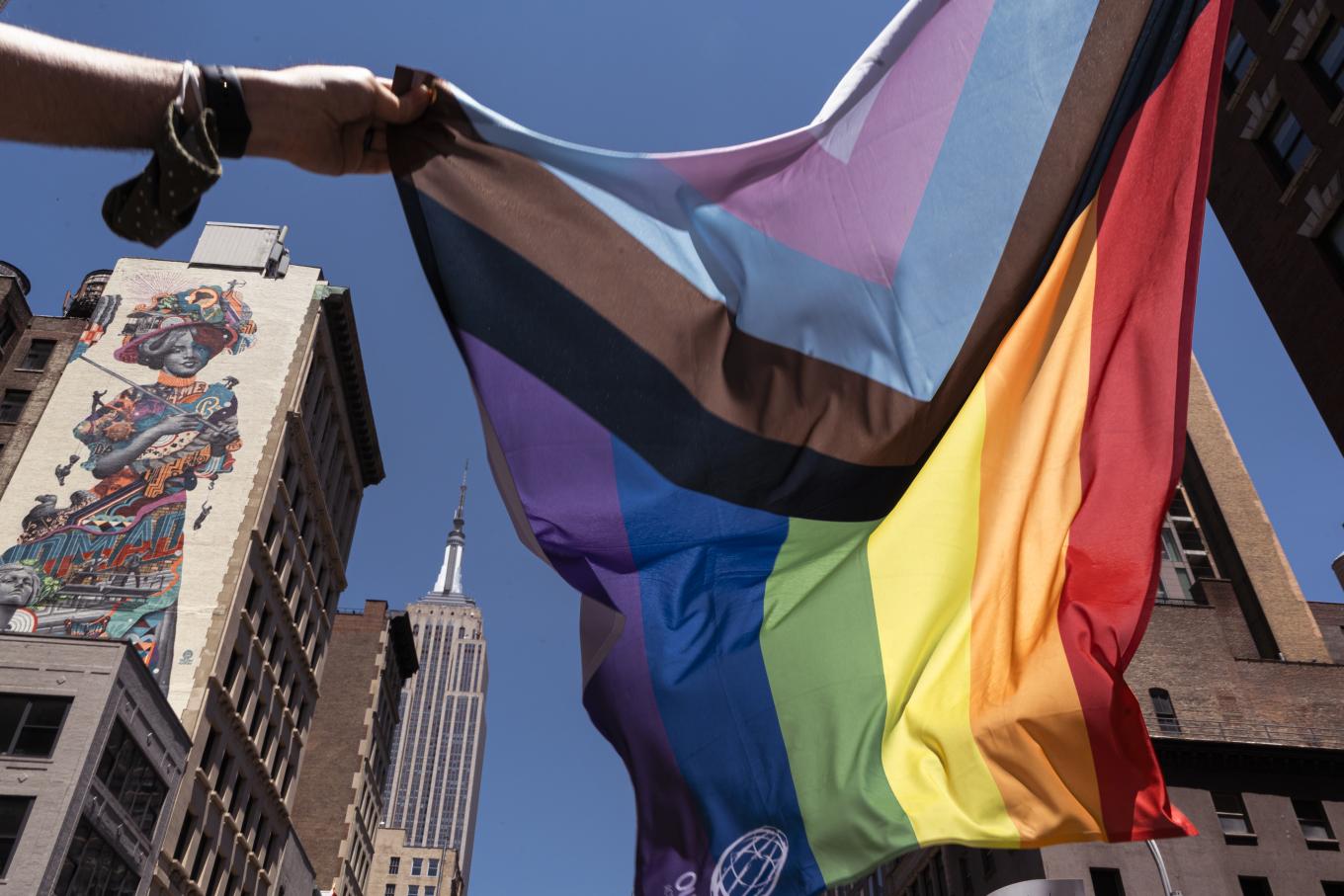
Country Overview
Hungary
At a glance
View more for this country:
Dismantling the rights of LGBTIQ people has been a key pillar of Prime Minister Viktor Orbán's government since taking office in 2010, especially as he and the government increasingly pivot to Russia. Although same-sex sexual relations are legal and same-sex couples may enter into registered partnerships, same-sex marriage is banned by the Hungarian constitution. Discrimination and hate crimes on the basis of sexual orientation and gender identity are illegal, but harassment and violence still regularly occur. Public opinion remains mixed, but it shows growth toward stronger support for fairness and equality. This is due to a vibrant and dynamic LGBTIQ civil society and their commitment to a Hungary that is safe and equal for all.
In 2020, Hungary passed a bill, introduced on March 31, or Transgender Day of Visibility, that makes it impossible for transgender and intersex people to change their legal gender markers. Four years later, in March 2024, the Court of Justice of the European Union issued a historic ruling, which found Hungary’s requirement of surgery for gender identity recognition constitutes an unjustifiable restriction on fundamental rights, setting a key precedent across Europe.
In 2021, Hungary passed a law similar to Russia’s “gay propaganda” law that prohibits LGBTIQ content for children and portrayals of LGBTIQ people in the media. The law has created a chilling effect, as well as further entrenched negative stereotypes and discrimination. It prompted international condemnation, a lawsuit by the European Commission—the first of its kind—and the freezing of European Union funds to the country. In 2022, coinciding with parliamentary elections, Hungary held an “LGBT in Education” referendum that sought to limit school content on homosexuality and transgender issues. Through a robust and successful campaign, led by the LGBTIQ movement, voters spoiled their ballots to ensure the number of valid votes did not exceed the 50 percent threshold and defeated the referendum. On March 18, 2025, parliament passed a bill that makes organizing public Pride events a criminal offense.
*Outright research indicates that the bodily autonomy of intersex people is not respected and protected in this country.
Global Impact
Sub-Saharan Africa
Outright supports LGBTIQ organizations in Sub-Saharan Africa and works with mainstream human rights organizations to respect human rights and influence positive changes in laws, policies, attitudes and beliefs that cause discrimination against LGBTIQ people.
United Nations
Our work at the United Nations centers around advocating for the advancement of the rights of LGBTIQ people.
View this regionAsia
Our work in Asia promotes acceptance of sexual and gender diversity at all levels of society.
View this regionSouthwest Asia and North Africa
In the Southwest Asia and North Africa, we partner with local groups in various countries as part of our international solidarity work. We also work with our local partners on different topics through capacity building, advocacy, research and holistic security.
Europe and Central Asia
Outright International partners with activists to fight for an end to human rights violations based on sexual orientation, gender identity and gender expression in Europe and Central Asia, where most of our work involves emergency responses to harassment, discrimination, violence, and most recently, Russia’s brutal and expanded invasion of Ukraine.
Americas
Our work in the Americas continues to build on the fundamental and positive transformation of human rights protections in recent years. We partner with groups in the Caribbean that focus on ending gender-based violence and eradicating discrimination against trans people.
Pacific
Our work in the Pacific aims to increase the visibility of activists, respond to human rights emergencies, and actively bridge local, regional, and international activism to achieve equality and justice.
Global
View this region
Human Rights Research
Since 1990, we have partnered with activists from all over the world to produce hundreds of groundbreaking reports.
Read Our Reports